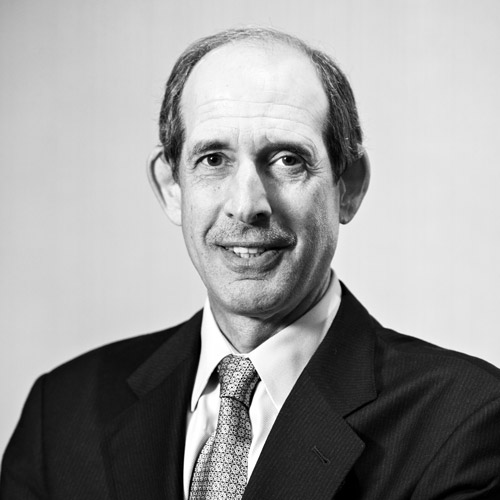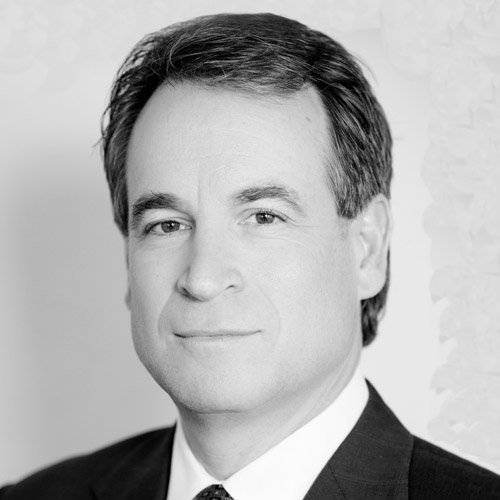Sharon Heckel works in human resources, but she actually talks a good deal about sports. It’s not because there’s a big game on, though. No, she talks about sports because, as Heckel points out, the same principles apply to business. “Work is a massive team sport since you are all dependent on one another,” she says. “You all have to know what your position is. You need great people on the team. Sometimes if you’re having a stressful day, you need to step out and go on the bench so someone else can go in for you. I think there are a lot of metaphors there of helping each other, of supporting each other, of someone else filling in if someone’s having a bad day.”
Heckel has to ensure that this type of athletic-minded harmony occurs every day at her workplace. Since July 2015, her role has been vice president of people empowerment at SolarCity, the California-based leader in providing clean energy to homes, businesses, schools, and government organizations at a lower cost than fossil fuels. Shareholders recently approved a multibillion dollar merger between SolarCity and Tesla, another Elon Musk company. The goal of the merger is to create a single integrated clean energy company; together, SolarCity and Tesla will aim to sell homeowners solar panels and the all-electric vehicles they will power.
Since much of the discussion revolves around sports, it’s easy to picture Heckel’s role at SolarCity as that of a coach. “Basically, we have a recruiting team that brings people into the organization,” she explains. “Once they’re here, I’m responsible for them: professional development, employee relations, an effective work environment, their compensation structure . . . really anything that occurs with them through their life cycle of employment.”
That approach is coupled with the company’s important mission of combating climate change—not just with its products, but in day-to-day operations. Heckel finds it to be rewarding work, to say the least, and the latest chapter of a career that’s been defined by her ability to foster teamwork and collaboration. Before coming to SolarCity, she served as vice president of organizational effectiveness at Kaiser Permanente, and prior to that, she was part of the global business services consulting division at IBM. Her roles at the two different companies shared one quality: longevity. She put in eleven years at IBM and seven at Kaiser Permanente. This isn’t just a coincidence. “I’m not a big jumper,” she says. “I invest a lot of time and energy into getting to know the organization and working to make a difference.”
At Kaiser Permanente, Heckel’s success at the company led to her winning a Most Powerful & Influential Women Award from the California Diversity Council in 2015. But she wasn’t just born with the five qualities that make up the awards criteria: leadership excellence, clout in the organization, sustained accomplishments, leadership within the community, and operating with the highest ethical standards. She had to begin sharpening these skills long before she started her career. In fact, many of the experiences that have informed her professional life happened in her childhood.
There were the sports, of course—volleyball, basketball, swimming, and tennis—but she was also influenced by her mother’s volunteer activities. “My mother was always a strong believer in community involvement,” Heckel recalls of her time growing up outside of Chicago in Aurora, Illinois. “More than anything, she gave me the sense of giving back, and that got me involved with local politicians’ campaigns, helping out at the gift shop at the hospital, singing in the church choir, and other things. She also taught me about donating to charity. She was always very involved with many volunteer organizations. At one point, she became president of the United Way of Illinois. She was really a formative figure in my early years.”
In her own adult life, Heckel continues to give back through a variety of activities, most notably as a member of the board of directors at Woodminster Theater—a historic performing arts amphitheater and nonprofit in Oakland—since 2008. “We are celebrating our fiftieth season this year, which is pretty amazing for a performing arts organization, so that’s been a real way I’ve made an impact. It’s been neat to be involved with the mayor’s office and different groups that have made the theater a long-standing success within the community.”
However, Heckel admits, of all her activities outside the office, travel is the one that’s been the most important in shaping the way she approaches her day-to-day work. Sure enough, her parents also introduced travel into her life.
“My first international trip of any note was to France and England with my parents and one of my brothers when I was seventeen,” Heckel recalls. “That really gave me an interest in learning languages and cultures, actually really vying for something different. I’ve always been interested in people who are different than me rather than people who are the same.” Being interested in other people more or less comes with the job description for someone working in human resources. The ability to empathize with others and see problems from a variety of perspectives and in a variety of situations is key to successful HR leadership. While many people may view travel as a means of escaping their job, Heckel actually sees it as a way to improve in her role. She tries to take a major international trip once a year and would like to spend some time in South America during her next adventure. “That will leave only Antarctica as a continent to explore,” she laughs.
Naturally, Heckel doesn’t have as much time to play competitive sports as she did during her childhood. “It waxes and wanes,” she says of her time on the tennis court. But that doesn’t mean she doesn’t get to put her athletic type of mental toughness to good use in her role at SolarCity. “At the end of the day, you’re an individual and you have to push yourself,” she says. “You’ve got to exercise. You’ve got to run laps. You’ve got to do all the things that really make you craft yourself as an athlete. You have to continue to hone your skills and expand your horizons. I really equate it to being a professional business athlete.”
Game on.

